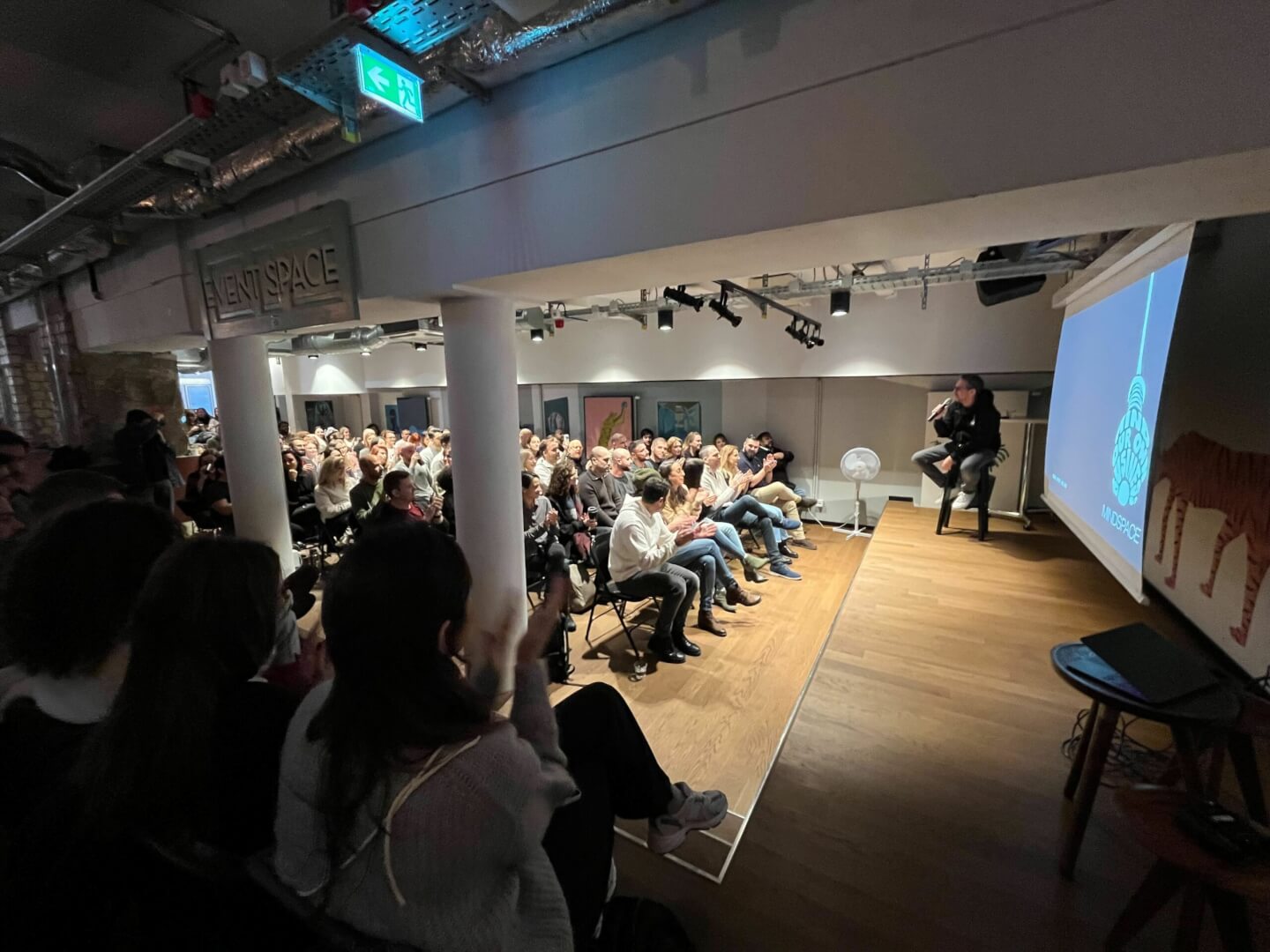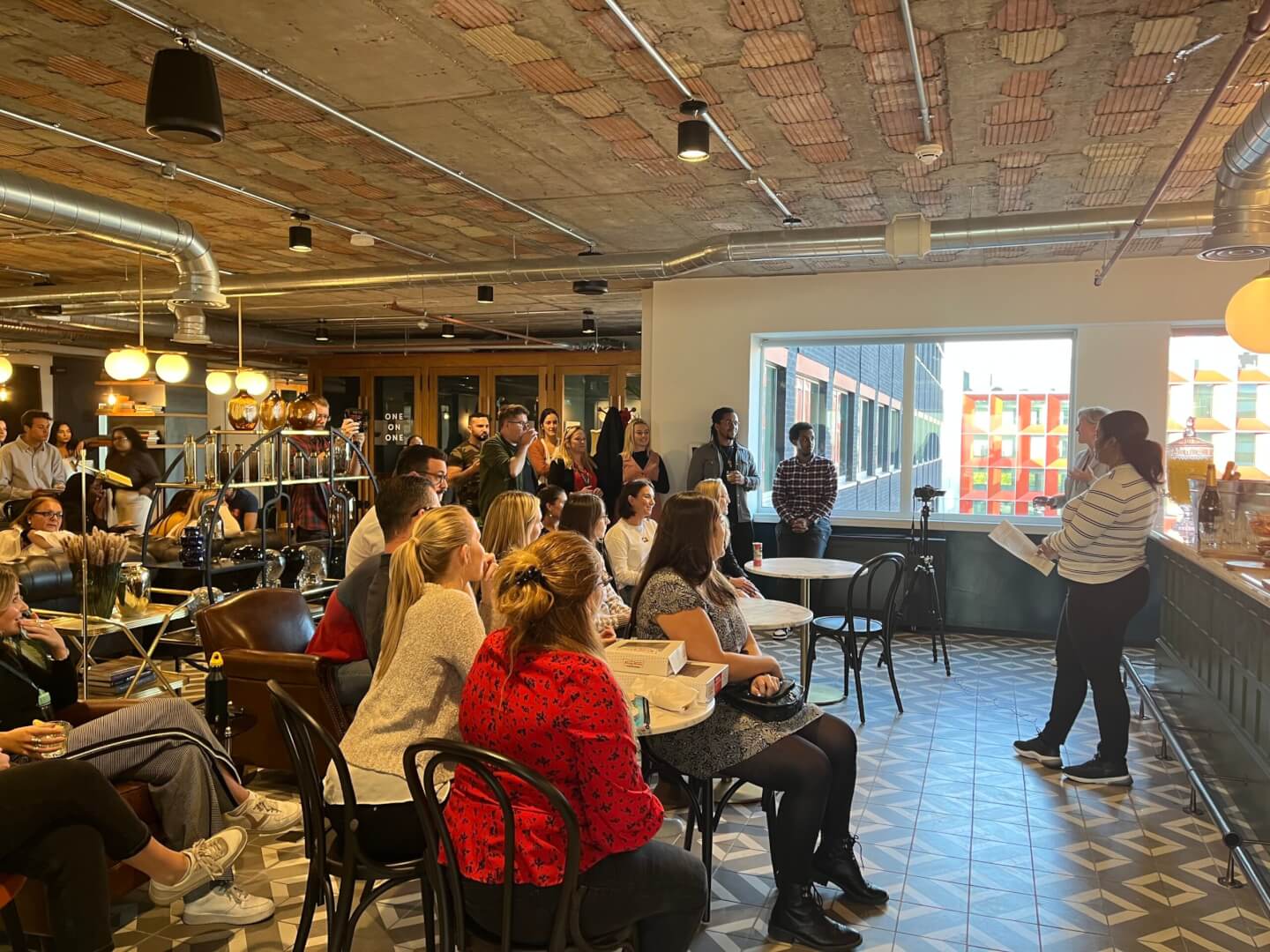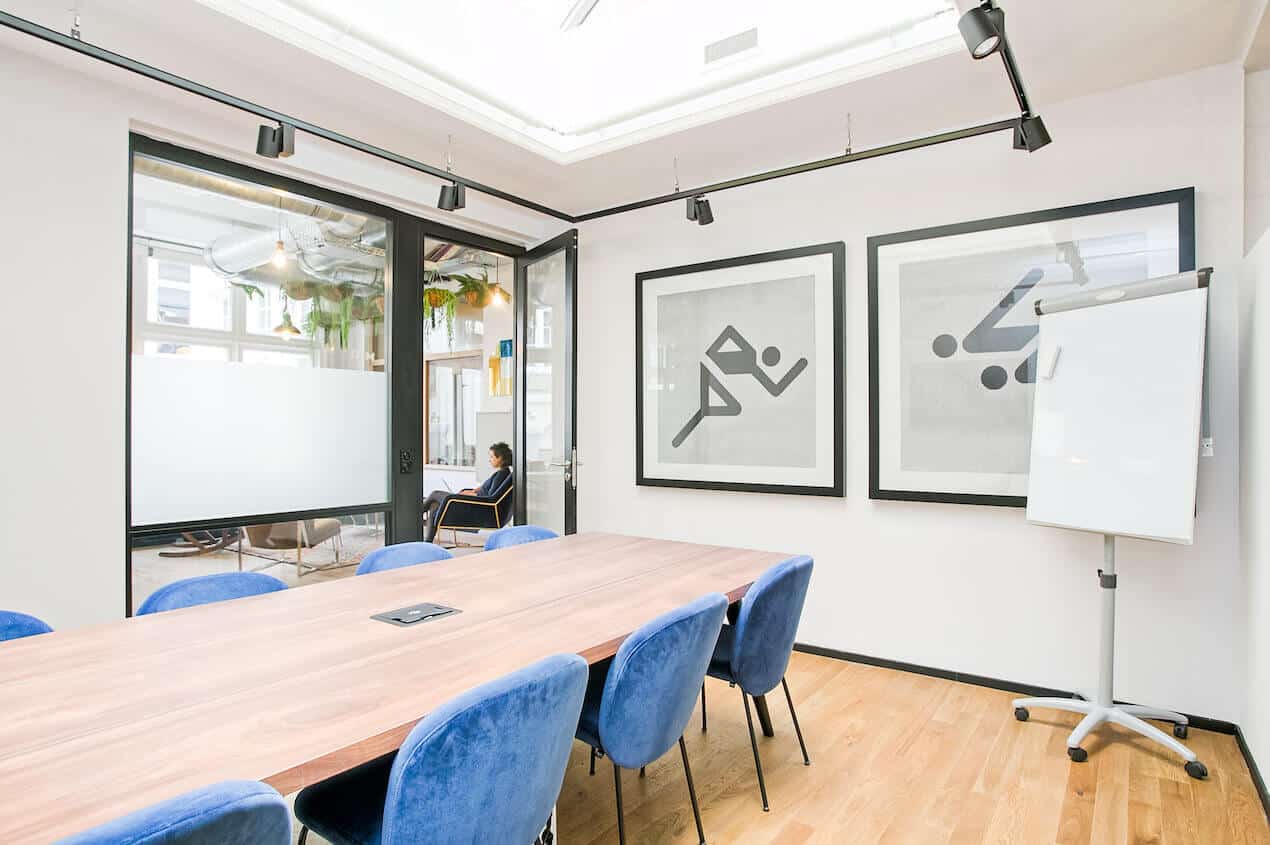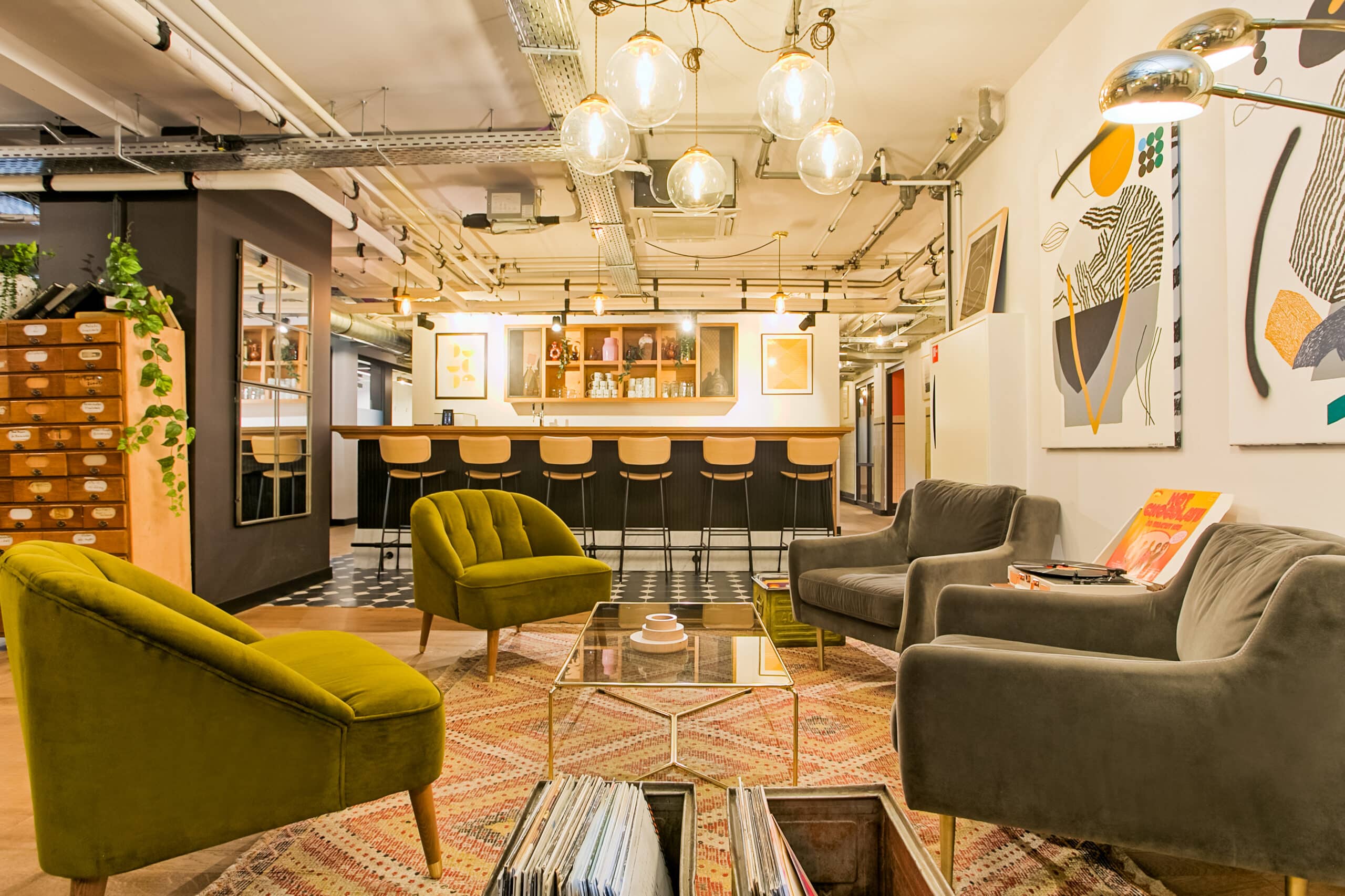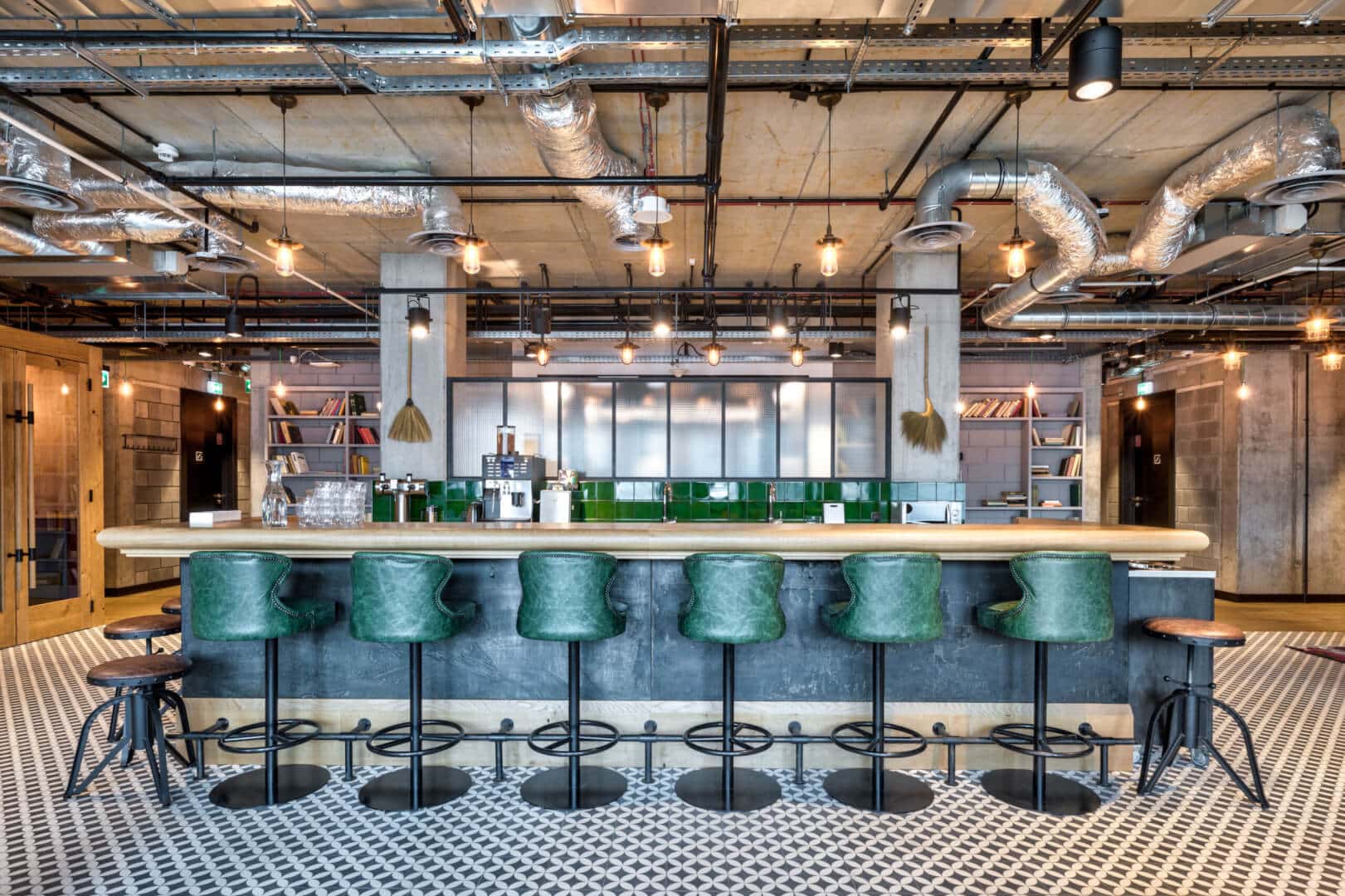
What is Company Culture? – The Art of Strong Company Cultures
The Art and Science of Strong Company Cultures
“Culture isn’t just one aspect of the game; it is the game. In the end, an organization is nothing more than the collective capacity of its people to create value.”
– Lou Gerstner (former IBM CEO)
What is company culture and why does it matter?
Company culture is at the heart of employee experience. It is made up of a combination of personality, core values and the behavior of an organization. A strong work culture is one that is motivating, nurturing and inclusive – which has a positive impact on innovation, productivity and employee retention. Culture dictates everything, from the way you feel about returning to work after the weekend, to how you react to any work issues that arise. Work culture can often separate the winners from the losers in a hyper competitive world where attracting and retaining the best talent is a constant challenge for companies.
Defining culture
There is much discussion around how to define company culture. This is because it demands more than idealism – it requires a dose of realism. It’s one thing deciding on organizational values that are central to your vision and mission. However your employees need to be able to ‘walk the talk’. For example, being friendly and welcoming can be important cultural values for attracting and retaining both employees and clients. Often newcomers are gifted with a company branded welcome pack, for example. While a nice gesture, it’s the behaviors of your colleagues that really determine that feel-good factor. Did the receptionist welcome you with a big smile? Did your coworkers personally introduce themselves? Were you assigned a ‘work buddy’ to help you navigate your first week?
“Culture is like the wind. It is invisible; yet its effect can be seen and felt.”
– Bryan Walker, Partner and Managing Director, Ideo
Your organizational culture is often defined by the values and behaviors of the people working there – who act as silent ambassadors. In essence, your company culture is your authentic code of conduct or your invisible set of rules.
How important is company culture?
“Customers will never love a company until the employees love it first.”
– Simon Sinek, Author
Company culture lies at the root of what drives companies to be innovative and successful. It determines how motivated your employees will be. An unhappy or demotivated employee is unlikely to run the extra mile or stick around for the long-run. When a company culture is aligned to a worker’s personal values, that’s the sweet spot where great things can be achieved. That’s when you are nurturing company culture within a workspace. It fosters a sense of belonging and transforms employees into company ambassadors – shaping and strengthening the employer brand. It’s also impossible to hide toxicity in the modern workplace. The emergence of sites such as Glassdoor and Indeed have given more transparency to organizational culture inside companies – so companies have to listen and adapt to employee needs.
The link between culture and outcomes.
There is an undisputed direct link between company culture and bottom-line impact, for example, Forbes Magazine recently published research that companies with strong cultures experience a fourfold increase in revenue growth.
It’s no surprise that working towards a shared purpose in an environment that fosters creativity, loyalty and wellness has a direct impact on innovation, retention and productivity respectively. However, company culture doesn’t just impact financials, employee staying power and product development. Companies whose employees rank their company culture highly also score higher when it comes to the quality of their customer service. As the old saying goes, it’s all about ‘service with a smile’
Which words would you use to describe your company culture?
Your company culture is basically the internal brand of your company, and this eventually influences the external image of the company. So ask yourself some important questions….Does your company encourage individual work or team collaboration? Do you encourage risk-taking or err on the safe side? Are you casual or corporate? Progressive or conservative? Serious or playful? Flexible? Diverse? Energetic and fun? Or relaxed and calm?
The answers to these questions often lie with the personal qualities and style of the leadership – and their ability to create a worker environment that is consistent with the values most dear to them. For start-ups in particular, the personalities and values of the founding team create a default rulebook for company culture in their early days.
“There’s no magic formula for great company culture. The key is just to treat your staff how you would like to be treated.”
– Richard Branson, Entrepreneur
When your leadership encourages transparency, connectedness and collaboration, and acts as role models for these qualities, then they often seep into the wider company culture. So, determining company culture is a role assigned to leadership – who must ensure their own conduct is aligned with the culture they want to build or shape.
How to identify your company culture
It’s clear that having a company culture that reflects purpose, values and promotes positive experiences is critical to an organization’s mission. Defining and nurturing the right culture is therefore an important and conscious step in achieving this.
“The only thing we have is one another. The only competitive advantage we have is the culture and values of the company. Anyone can open up a coffee store. We have no technology, we have no patent. All we have is the relationship around the values of the company and what we bring to the customer every day. And we all have to own it.”
– Howard Schultz, CEO, Starbucks
It’s important to assess various aspects of company life, beyond the obvious investment in company retreats and professional development plans.
Employee feedback: If you’re already an established or mature company, the first step to understand and improve your company culture is to talk to your employees. Conduct one-on-one interviews and company-wide surveys to understand how they currently perceive the culture and what values are important to them. If you integrate their feedback to shift the culture in the right direction, then this can help create a marketing culture, where your employees are also your brand ambassadors.
Company communication: Do research into the day-to-day company communication. For example: How do people communicate? What kind of language do they use? What are the visual symbols in the office? Do teams meet in regular ‘huddles’ or larger ‘town hall’ style meetings? Is the atmosphere based on openness, trust and respect for others?
People Structure: Do you have an adhocracy culture that rewards individual or innovation and thinking outside of the box? Or more of a hierarchy culture that keeps decision making as a privilege of the chosen few? The kind of corporate structure and people dynamics you have, particularly for decision making, will have a huge impact on your culture.
Management Practice: Is your management team skilled at giving feedback to their team? When done the right way, it can bring out the best in people. When done the wrong way, it endangers employee loyalty and can be demotivating. Explore how achievements and milestones are celebrated – does this reflect the kind of rewards and incentivization you’d like to see in the company?
Employee Wellbeing: Do you take time to invest in your worker happiness? This is a biggie, and it extends way beyond providing happy hours and birthday drinks for employees. It’s also about the conduct of your management and whether they show genuine empathy towards their team.
“Positive culture comes from being mindful, and respecting your co-workers, and being empathetic.”
Biz Stone, Co-founder of Twitter
Assessing these areas will give you a snapshot overview of the strength and style of your company culture. In addition to identifying your company culture, there are ways that you can shape and strengthen it too.
“Growing a culture requires a good storyteller. Changing a culture requires a persuasive editor”
– Ryan Lilly, Entrepreneurship and economic development consultant
4 steps to building an effective company culture:
- If you haven’t already, then develop company values that reflect what is important to you. Write them down – or insert them into a designed company poster – and share it with everyone who works at your company. This will help align people and crystallize your intentions for interaction, ethics and style.
- Hire people who share your values. Be rigorous in your hiring process to identify the people who will share in the company vision and fit into the work culture. It boils down to the DNA of your employees. If you hire the right people, everything else will fit into place.
- Show your employees appreciation. Thank them for their contributions and ideas. This is key to company satisfaction, and yet it’s a practice often neglected. Give credit to people for their ideas in a public forum and reward them accordingly. This helps foster a culture of innovation and avoids the kind of toxicity that leads to office gossip and other negative behaviors when you don’t base reward on a meritocratic system.
- Last but not least – have some fun at work! Invest a little creativity or humor into meetings to reverse the boredom. Create a games area and invite your team to play. Nurture some camaraderie by creating an office sports team or take your team out for a nice lunch. Celebrate the wins, even the small ones. If you’re not sure what fun activities your team would appreciate – then simply ask them.
“In our early years, we didn’t talk about culture much. We hadn’t documented it all. We just built a business that we wanted to work in. And, that was great. But the real return on culture happened when we started getting more deliberate about it. By writing it down. By debating it. By taking it apart, polishing the pieces and putting it back together. Iterating. Again. And again.”
– Dharmesh Shah, Co-founder, Hubspot

Traditionally most companies based their company culture on a model called the ‘market culture’. With capitalism as its guiding force, the market culture is based on competition between workers to produce the best results. In these pressurized environments, the highest performer wins the prize. While it incentivizes people to aim higher, it can also lead to burnout and a type of employee engagement that isn’t sustainable in the long run.
Most companies today understand that a culture built solely on performance and competition is a dangerous one. A positive culture arises from an environment that provides purpose and meaning beyond financial reward, where employees are happy, healthy and have a sense of belonging.
“A company’s culture and a company’s brand are really just two sides of the same coin. What goes around the office comes around to the customer. “
– Tony Hsieh, CEO, Zappos
To summarize, your work culture is your vehicle for creating passionate and engaged workers, and the energy source behind company success. Don’t neglect its development or allow it to evolve without direction. Prioritize it, and invest in it, and your ROI will be more than smiles on your workers’ faces, it’ll be more money in your pocket.
Here at Mindspace we have extensive experience as experts in providing flex office space globally – we specialize in hospitality, customer service and wellbeing that can make a critical difference to your employee experience. Please reach out to us to learn more about our locations and amenities, such as our coworking solutions, private offices, meeting rooms and more!




